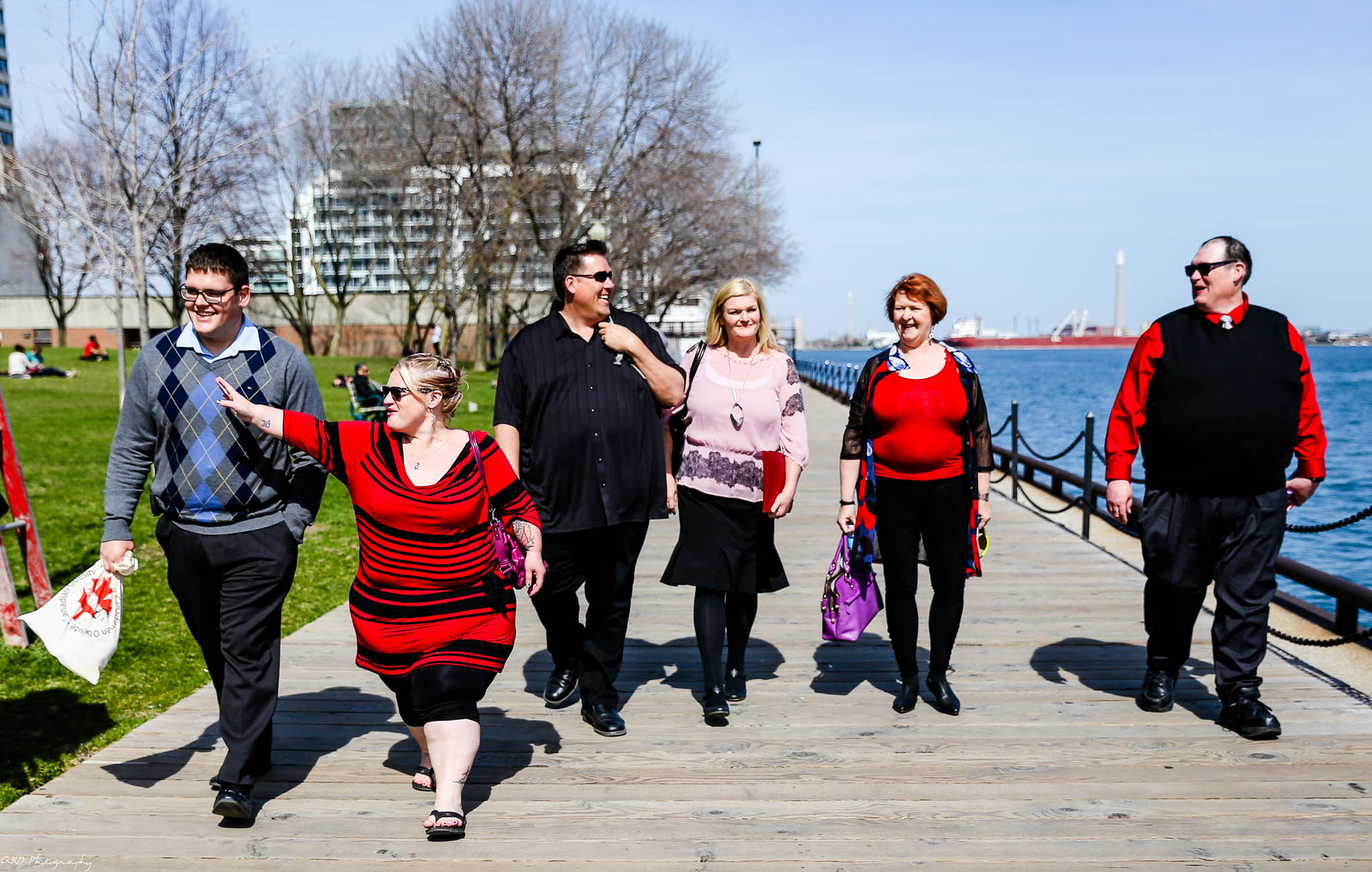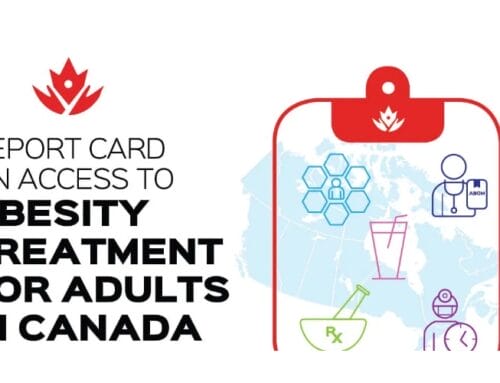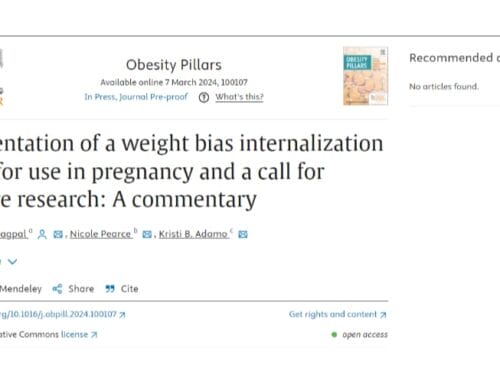Today’s post comes from Kerri Delaney. Kerri is a PhD Candidate at Concordia University. She is also the current Special Events Coordinator of the OC-SNP National Executive.
We all know the images that quickly follow the holiday season: gym advertisements, diet plans, and weight loss. Improving health is a common New Year’s resolution, but making quick drastic changes once the new year comes around can lead to failure. If it does, we can feel disappointed, discouraged, and unsure of what to do next. If losing weight or improving overall health were on your list of resolutions this year, but you’ve found that they haven’t been going as expected so far, here are some points to consider before getting back to those 2021 goals.
Media vs Health
It is important to point out that there is a stark contrast between what the media depicts as health and what is actually required for healthy living. You do not have to go to the gym for hours every day or have a skinny body to be healthy. In fact, doing just 30 minutes of walking a day can significantly improve your health (1), regardless of your body weight (2)(3). However, companies can’t really profit by advertising free activities such as walking or chasing your kids around in the backyard. Therefore, these are the pictures of physical activity that we often never see.
Point 1: Physical activity comes in many forms.
Alternatives to the gym – Enjoy yourself!
Engaging in physical activity should be fun! The best gym plan is the plan you will actually engage in, not necessarily the plan that has you in the gym every day of the week. If you find the gym to be an awful place, look for other ways of getting physically active. Some alternatives include hiking or snowshoeing, biking, cross-country skiing, going for lunchtime walks or doing the chores around the house.
Be excited about physical activity and find a community to do it with.
It can also be helpful to build a community around your physical activity. This will bring external encouragement and accountability into your physical activity plan. The benefits of exercise go far beyond weight control, including reducing the chances of diseases such as heart disease and type 2 diabetes (2)(4) and even improving mental health (5).
Point 2: Focus on lifestyle changes and as a general rule, increase your
consumption of whole foods and limit your consumption of processed foods.
Lifestyle Changes, Not Diets
The idea of dieting to produce weight loss is inherently flawed. Diets by definition are short term solutions; once the diet ends, so too do the changes. Instead of trying out one of the numerous diet plans out there, your goal should be focused on lasting lifestyle changes that will improve health. Ask yourself: “what can I see myself maintaining for the next 10-20 years, instead of just the next 4 weeks?” When lifestyle changes surrounding food are combined with physical activity, weight loss is more achievable (6)(7). Again, the best lifestyle changes are not the ones that have you cutting out carbs or protein loading, they are the ones that make you feel good about following through in the long term. Overall, the focus should be on increasing the consumption of whole foods, such as fresh fruits and vegetables, and decreasing the consumption of processed and refined foods, the kinds that come in packages
Point 3: Change is hard! Assess your readiness and be sure to reward yourself.
Behavior Change is Hard
Behavior change is very hard, so don’t get too down on yourself if you take a step or two backwards. This is part of the natural process of making lasting changes. It is also good to evaluate how prepared you are for the change. Be honest with yourself. Changes that you are more ready to make will be easier than ones that you are less ready to make, and that is okay. Any progress you do make though, no matter how small, should be rewarded and not overlooked. Rewards can be small or big depending on the achievement you are celebrating, with the idea to simply treat yourself with something that brings you joy.
Point 4: Get a good night’s sleep and don’t forget to drink water!
There are a few additional considerations that can greatly improve your health. The first is getting an average of 7 or more hours of sleep a night (8). This allows your body to rest and recuperate from the activities of the day, which is important to increase your likelihood of being physically active the next day. Additionally, drinking enough water is often overlooked. Women and men should drink 2.7L and 3.7L (9), respectively. This not only helps to reduce unnecessary snacking, but is also vital for your body to function properly.
References
- Slentz CA, Duscha BD, Johnson JL, Ketchum K, Aiken LB, Samsa GP, et al. Effects of
the amount of exercise on body weight, body composition, and measures of central obesity:
STRRIDE–a randomized controlled study. Arch Intern Med. 2004;164(1):31-9.
- Ross R, Janssen I, Dawson J, Kungl AM, Kuk JL, Wong SL, et al. Exercise-induced
reduction in obesity and insulin resistance in women: a randomized controlled trial. Obes Res. 2004;12(5):789-98.
- Dekker MJ, Lee S, Hudson R, Kilpatrick K, Graham TE, Ross R, et al. An exercise
intervention without weight loss decreases circulating interleukin-6 in lean and obese men with and without type 2 diabetes mellitus. Metabolism. 2007;56(3):332-8.
- Katzel LI, Bleecker ER, Colman EG, Rogus EM, Sorkin JD, Goldberg AP. Effects of
weight loss vs aerobic exercise training on risk factors for coronary disease in healthy, obese, middle-aged and older men. A randomized controlled trial. JAMA. 1995;274(24):1915-21.
- Josefsson T, Lindwall M, Archer T. Physical exercise intervention in depressive
disorders: meta-analysis and systematic review. Scand J Med Sci Sports. 2014;24(2):259-72.
- Curioni CC, Lourenco PM. Long-term weight loss after diet and exercise: a systematic
review. Int J Obes (Lond). 2005;29(10):1168-74.
- Miller WC, Koceja DM, Hamilton EJ. A meta-analysis of the past 25 years of weight loss
research using diet, exercise or diet plus exercise intervention. Int J Obes Relat Metab Disord. 1997;21(10):941-7.
8.Watson NF, Badr MS, Belenky G, et al. Recommended amount of sleep for a healthy adult: a joint consensus statement of the American Academy of Sleep Medicine and Sleep Research Society. Sleep. 2015;38(6):843–844.
- Water: How much should you drink every day? Mayo Clinic. https://www.mayoclinic.org/healthy-lifestyle/nutrition-and-healthy-eating/in-depth/water/art-20044256. Accessed Feb 19, 2021






